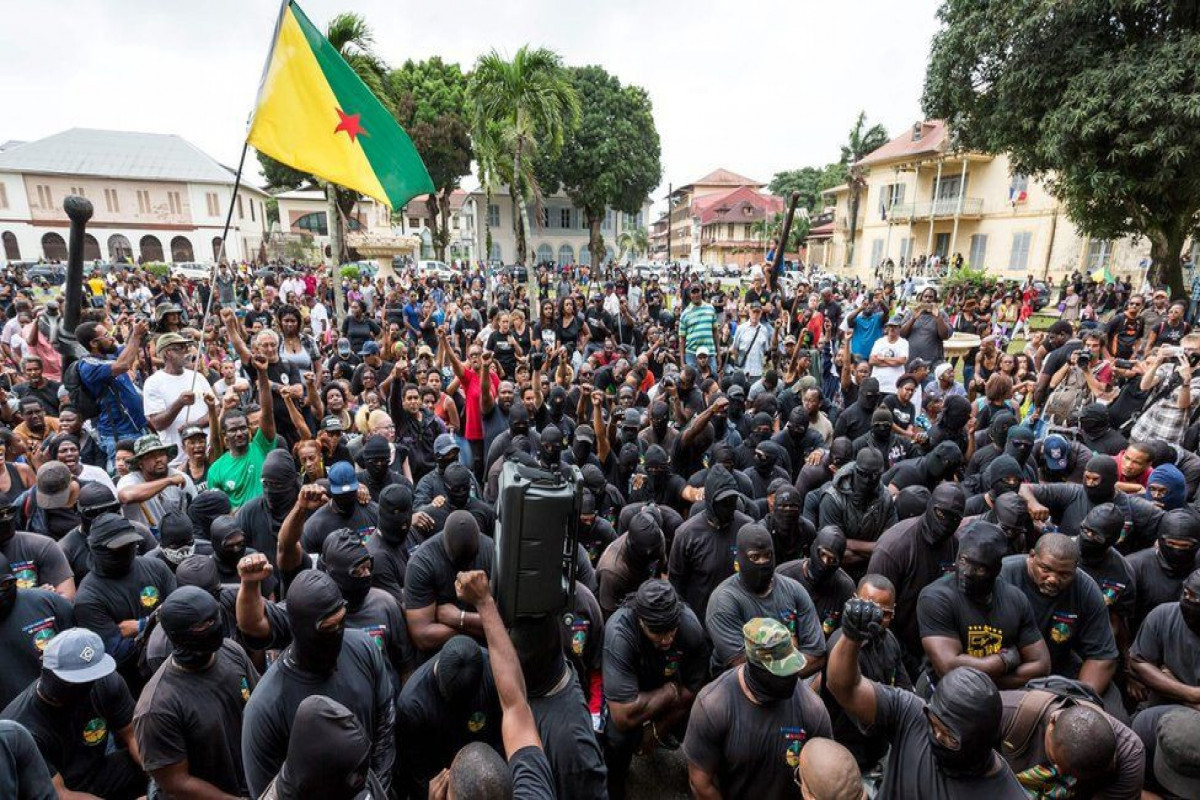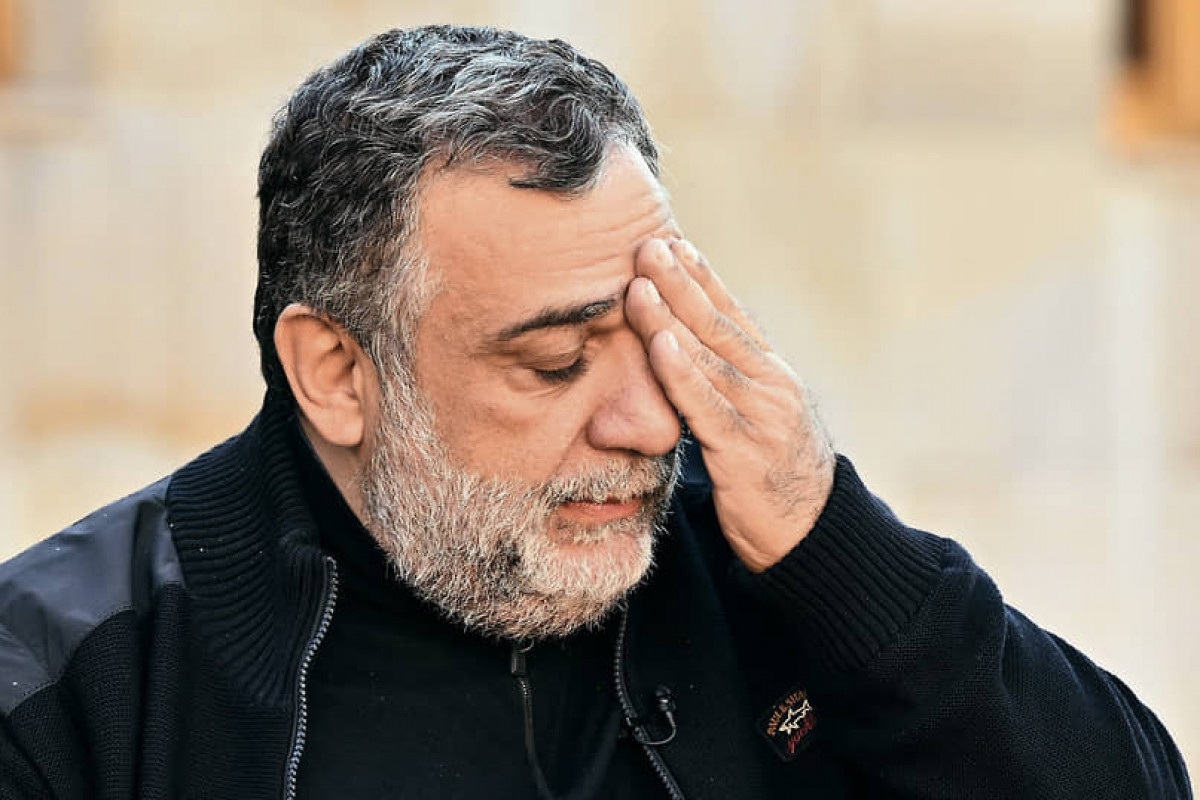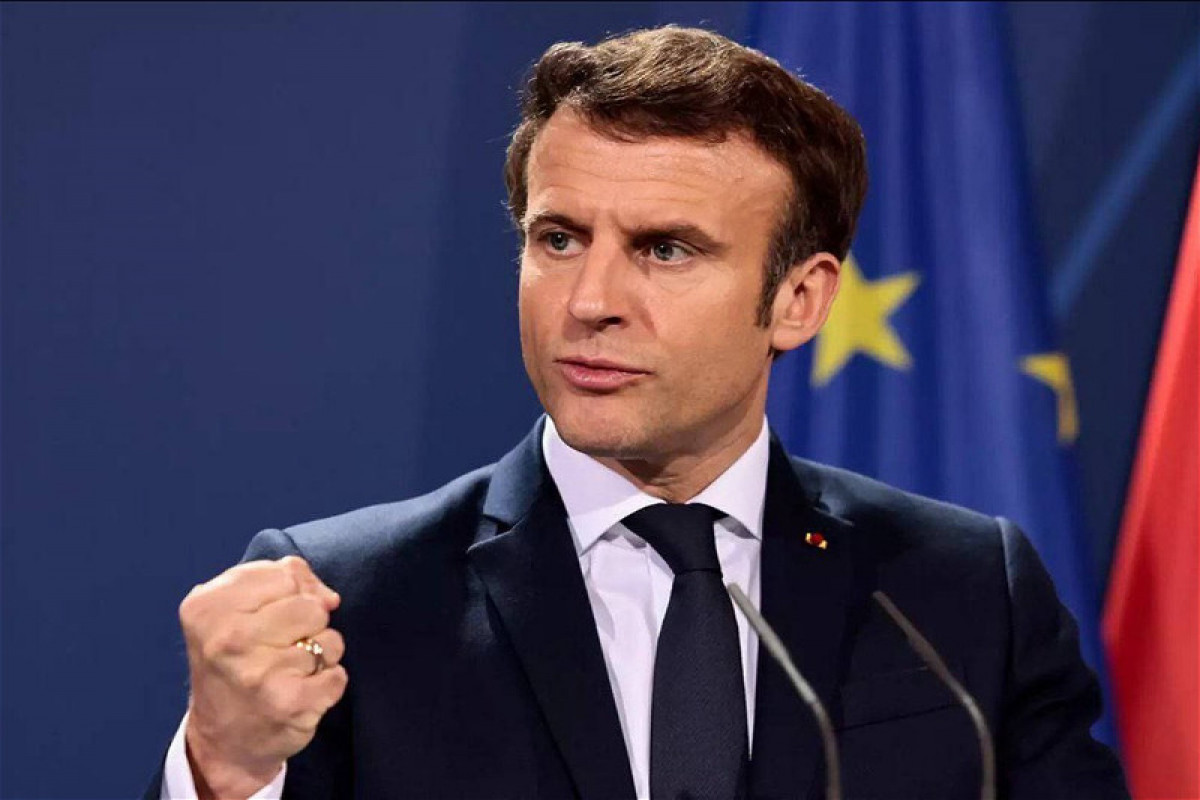The political and economic crisis is deepening in Armenia. The discontent with the present party in power is increasing. The rating of Prime Minister Nikol Pashinyan is rapidly dropping on the background of serious problems. On the one hand, the serious problems brought by the pandemic, on the other hand, non-obtaining of gas agreement with Russia, as well as the absence of civil solidarity inside the country drive Pashinyan’s government into a corner. In one word, the failure of Pashinyan and his team grow day by day. Pashinyan tries to associate all problems with coronavirus, but the opposition puts forward Pashinyan’s incompetence as the main reason for the crisis.
Pashinyan has faced the opposition’s pressures inside the country and Moscow’s strict demands from abroad. On the backdrop of permanently deteriorating Armenia-Russia relations, the Prime Minister doesn’t already know what to do. The ruling team is becoming shattered; the wave of resignations is paralyzing the whole government. Moscow’s refusal of acceptance of Pashinyan’s request to sell gas to Armenia at the price proposed by him and the statements of the Russian Minister of Foreign Affairs Sergey Lavrov drawing attention to the importance of solution of Garabagh problem in a phased manner have made even more critical the condition of Armenia’s leader.
Pashinyan can’t bring to a logical end any reform or work that he promised on the eve of coming to power. This testifies to his inability and non-professionalism. Pashinyan can’t implement deep reforms in any area, can’t normally manage any area. The local and foreign analysts claim that today, the whole state management system is drawn into the chaos. The former director of the National Security Service and the chairman of the Board of Trustees of Motherland Development Fund Arthur Vanetsyan who left the country after his conflict with Pashinyan said in his interview with a printed media outlet that the confrontation in the supreme echelons of the government is deepening. On the backdrop of the tense relations of the Armenian government with Russia, the crisis in the country has further deepened. The Fakt newspaper printed in Armenia reports that several options are being discussed in the political circles and one of them is related to Armenia’s President Armen Sarkissian. The newspaper writes that during the two years of Pashinyan’s staying in power he has burnt all bridges in the society and has passed all possible bounds. The only survived bridge is the contact with president Armen Sarkissian which Nikol currently tries to use.
According to the researchers, the Fakt newspaper published the verified information and is not close to Pashinyan’s political opponents; therefore we can believe the hypotheses put forward by the Fakt newspaper being an independent printed media outlet.
The newspaper writes that the issue of transfer of power to Armen Sarkissian in a phased manner is being discussed, as a first step; the transfer to A. Sarkissian of the post of the Deputy Prime Minister Tigran Avinyan is being discussed. If an agreement is reached in this regard, a person indicated by Armen Sarkissian will be appointed deputy Prime Minister instead of Avinyan.
It is worth emphasizing that another fact that proves escalation of the internal political situation in Armenia is that just within one day i.e. on June 8; Prime Minister Nikol Pashinyan dismissed heads of three security agencies – director of National Security Service Eduard Martirosyan, chief of Main Staff of Armed Forces Artak Davtyan and chief of Armenia’s Police Arman Sarkisyan. Some sources claim that N. Pashinyan plunged into a difficult situation met with Armenia’s former President Levon Ter-Petrosyan and received some advice from him. The dismissal of the aforementioned persons from their positions just after this meeting also has turned into a topic of serious discussion in Armenia.
Thereafter, Gagik Tsarukyan, chairman of Prosperous Armenia oppositional party having 25 representatives in the second-largest political force in the Armenian Parliament consisting of 132 deputies indicated the importance of resignation of Nikol Pashinyan and his government: “I said previously it is necessary to change 97% of members of the government. But today, while observing the failures, I can say not 97 but all 100% of members of this government should be changed because they have demonstrated their failure in all areas”.
The third-largest political force represented in the parliament – the Bright Armenia party (17 deputies) also thinks that the Armenian government is not able to implement reforms.
It is not convincing that the changes implemented by N. Pashinyan will result in any qualitative change. In general, it is also impossible to “accuse” him of conducting a well-thought, wise policy. In the third year of the street revolution, Pashinyan sees the present situation therefore he is afraid of any changes and the unification of the oppositional forces against him. Therefore he wants to appoint to high posts the persons who are fully committed to him so that in case of any protests the security agencies would fully support him.
On the other hand, Pashinyan by implementing these changes demonstrates that as if he serves the people, he dismisses careless specialists and appoints good specialists to their positions. But his attempts are also failing. Such a situation may develop in the country that all political forces could unite against him. The distrust in the failing revolutionist is already increasing as early as now in all strata of the society. Another important point is that Pashinyan at the same time is accused of money laundering.
He, i.e. Pashinyan should make a choice regarding how he sees the end of these processes: he should make a choice between Yanukovich’s case in Ukraine and Shevardnadze’s case in Georgia.
Some experts think the political and economic crisis trends showing themselves in Armenia may result in Pashinyan’s escape to abroad.
The main point in this situation is that Russia is interested as much as the Armenian opposition in resignation from the power of Pashinyan’s team. Not just because Kremlin still considers Nikol not its own protégé but the secret agent of the West – despite the fact that during the two years’ tenure in office Pashinyan notwithstanding the promises given by him, didn’t dare to move Armenia away from Russia’s orbit – firstly because Moscow wants to demonstrate by Armenia’s example how a color-coded revolution ends in a fiasco in a post-Soviet country being on top of all Russia’s forward stronghold.
Under such circumstances, N. Pashinyan is rather concerned for the probability of emergence of a new leader capable of taking away from him his office and status than for the collapse of the economy and deep crisis. Pashinyan is afraid that the processes may take just such a turn.
Currently, such a question challenges the minds of many people: Under such circumstances and such a government in Armenia, can we say that the Garabagh negotiations have ended in fiasco?


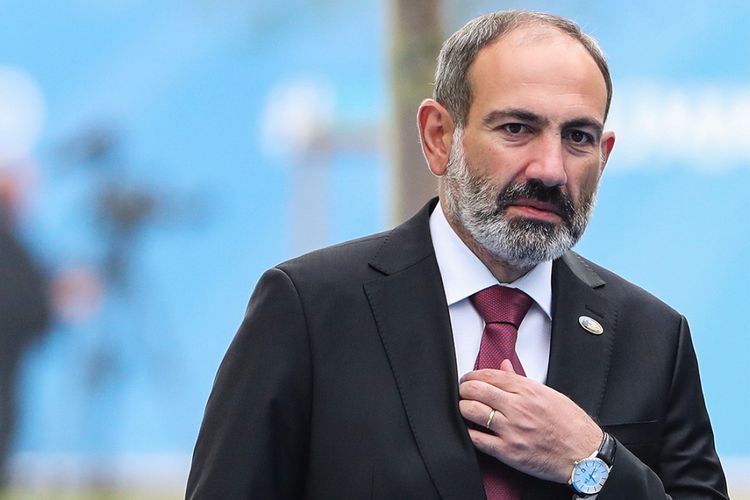
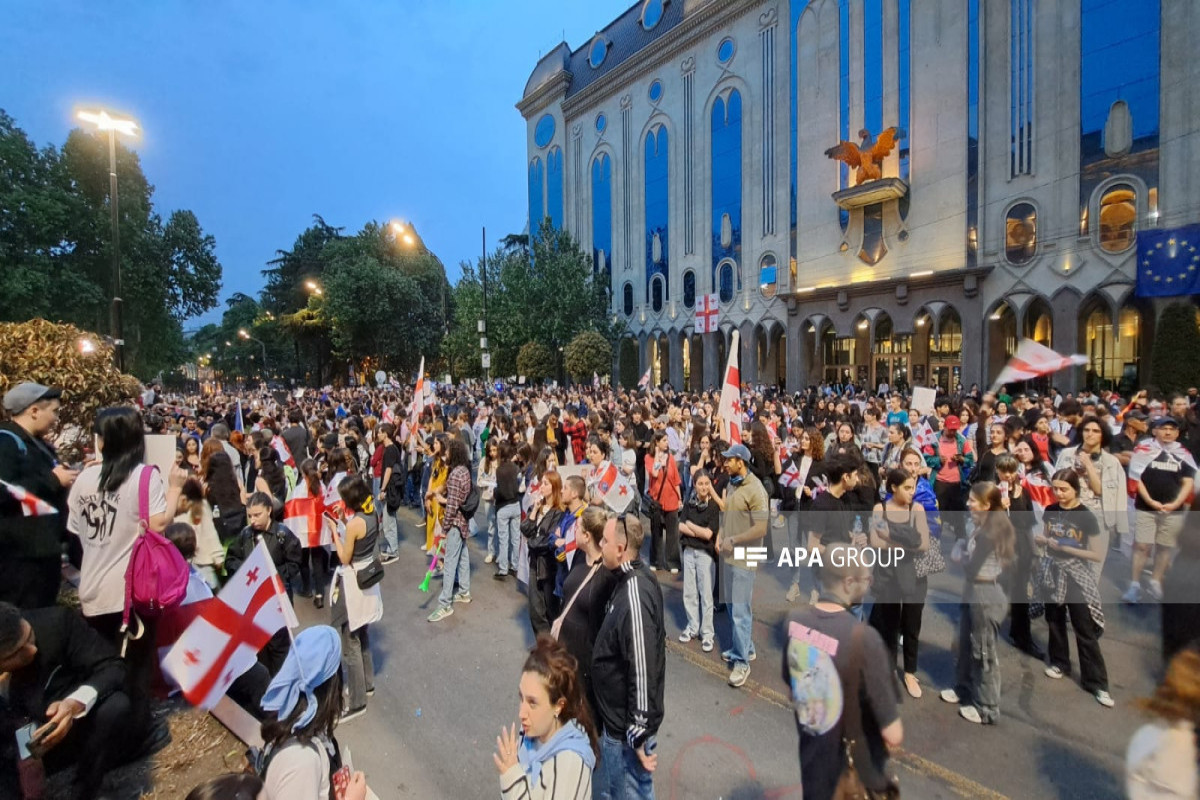 ANALYTICS'>
ANALYTICS'>
